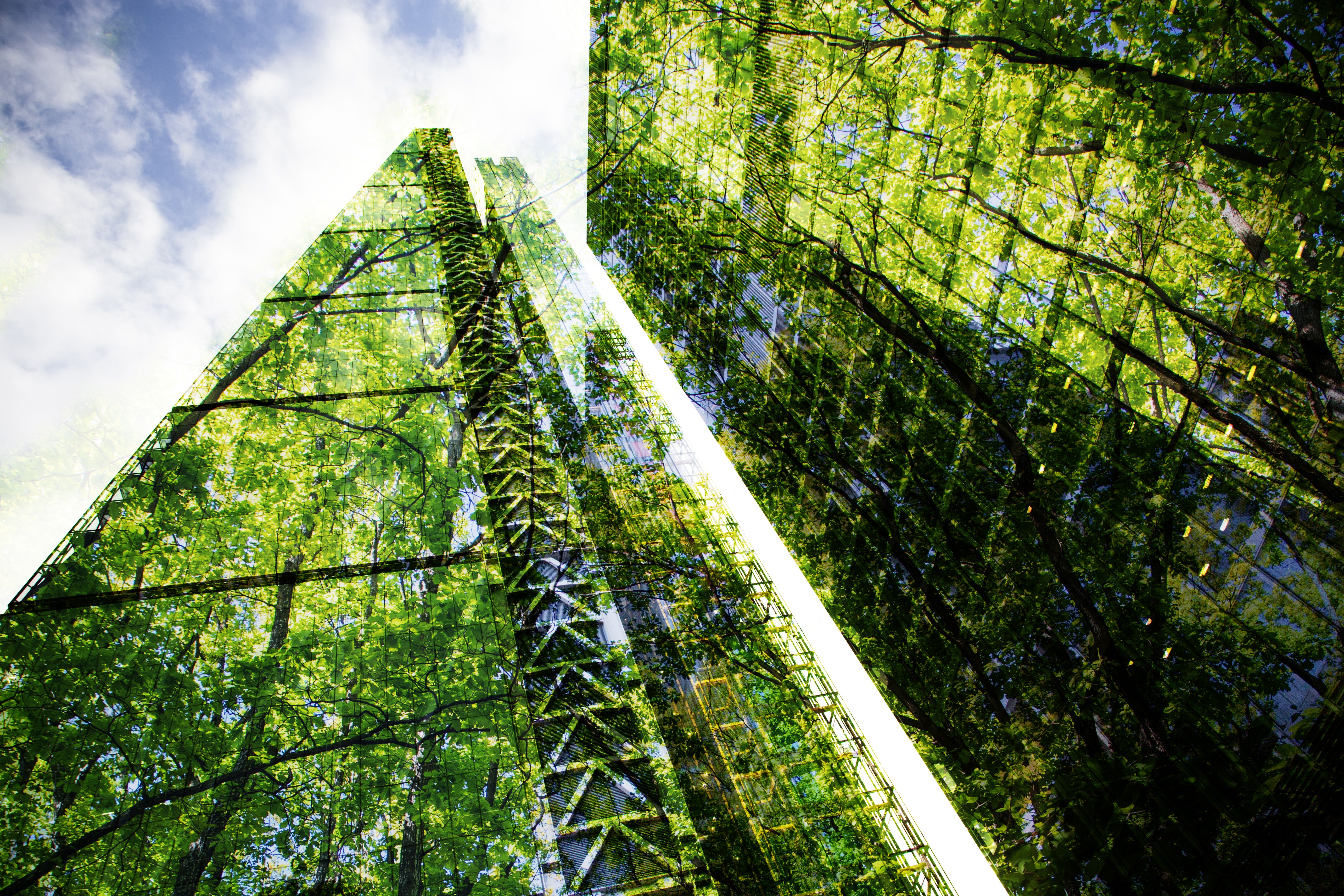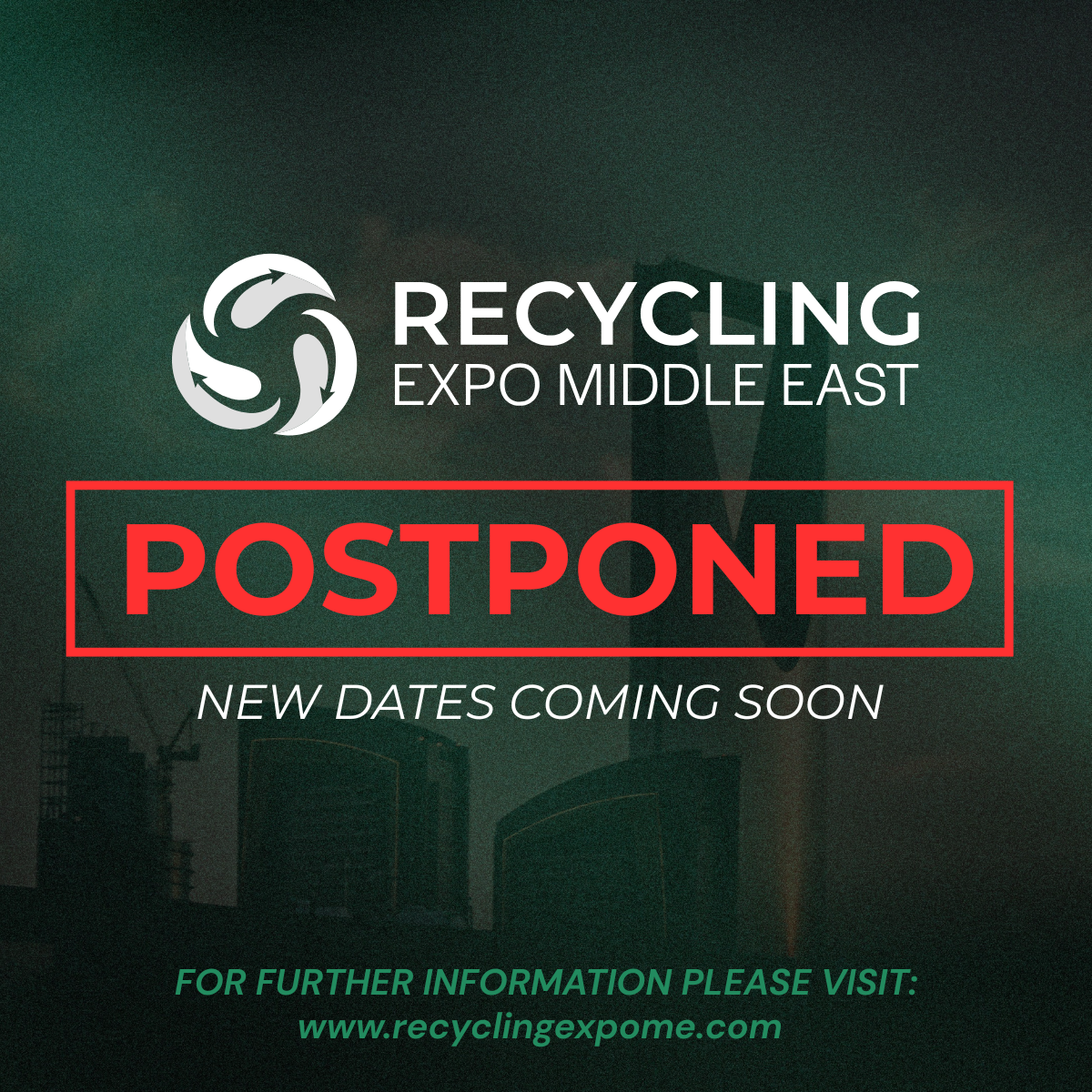Saudi Arabia’s Circular Economy Push: How Recycling is Driving Vision 2030 Goals
The Scale of the Challenge
Saudi Arabia currently generates more than 50 million tonnes of municipal solid waste annually, with per capita generation among the highest in the region. Historically, over 80% of this waste has gone directly to landfill, a practice that is neither sustainable nor aligned with the country’s environmental goals.
By 2035, the National Center for Waste Management (MWAN) has set a target of diverting 82% of waste away from landfills. This means scaling up recycling systems, expanding sorting facilities, and adopting innovative solutions such as waste-to-energy (WtE). It’s a challenge on a massive scale, but also a unique opportunity for global and local players to collaborate and innovate.
Recycling and the Circular Economy
The circular economy concept is gaining traction across Saudi Arabia’s industries. Rather than viewing waste as a problem, companies and municipalities are treating it as a resource. For example:
-
Construction & Demolition Waste (C&D): One of the largest waste streams in the Kingdom, C&D material is now being recycled into aggregates for new infrastructure projects, reducing the need for virgin raw materials.
-
Plastic Recovery: With growing demand for recycled PET (rPET) globally, Saudi recyclers are investing in facilities that can process plastic packaging waste into high-quality feedstock for manufacturers.
-
Organic Waste: Food and green waste account for a significant share of municipal waste. Composting and anaerobic digestion are being explored to convert this waste into compost and biogas, supporting both agriculture and energy generation.
These initiatives not only support Vision 2030 but also position Saudi Arabia as a regional leader in circular economy practices.
Investment and Innovation
The recycling industry in Saudi Arabia is seeing significant investment. Public-private partnerships are being encouraged to deliver modern waste management infrastructure. International companies are also entering the market, bringing expertise in AI-powered sorting systems, advanced recycling technologies, and digital waste tracking platforms.
For local businesses, this wave of investment represents an opportunity to align with global Environmental, Social, and Governance (ESG) benchmarks. Many international investors now expect companies to demonstrate sustainable practices, and recycling initiatives help meet these expectations.
Policy and Regulation
Regulation is a major driver of the recycling push. The Saudi government is implementing stricter policies on landfill use, mandating waste separation at source, and creating incentives for recycling companies. Extended Producer Responsibility (EPR) schemes, where manufacturers are responsible for the lifecycle of their products, including end-of-life recovery, are also being considered.
Such policies bring the Kingdom closer to global best practices, while ensuring that recycling becomes embedded across industries.
Recycling Expo Middle East 2025: A Platform for Change
Recycling Expo Middle East, taking place in Riyadh in November 2025, is set to be the leading platform for exploring how the Kingdom and the wider region are accelerating their transition to a circular economy.
The exhibition and conference will bring together:
-
Government officials and regulators shaping waste management policies.
-
Industry leaders showcasing the latest recycling and waste treatment technologies.
-
Investors and entrepreneurs looking for new business opportunities in sustainable industries.
-
Experts and academics sharing best practices and research on waste reduction and resource recovery.
From waste-to-energy solutions to advanced plastic recycling technologies, attendees will gain valuable insights into the innovations transforming Saudi Arabia’s recycling landscape.
Looking Ahead
Saudi Arabia’s circular economy journey is still in its early stages, but the momentum is undeniable. With clear government direction, increasing private-sector involvement, and growing awareness of the economic potential of recycling, the Kingdom is on track to become a leader in sustainable waste management in the Middle East.
For businesses, this is the time to get involved, whether by investing in recycling infrastructure, adopting circular practices, or collaborating with government bodies on large-scale projects.
Recycling Expo Middle East 2025 will be the place where these opportunities come to life.
Register today to secure your place at the region’s leading recycling and circular economy event.




)
)
)
)
)
)
)
)
)
